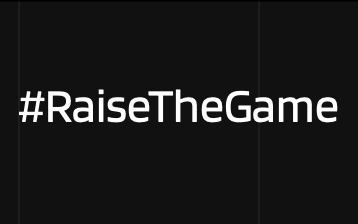Specific considerations










Key organisations & resources
 Visit website on #RaiseTheGame
Visit website on #RaiseTheGame #RaiseTheGame
RaiseTheGame is a collaborative and high-impact pledge to improve equality, diversity and inclusion in the games industry.
 Visit website on Diversily
Visit website on Diversily Diversily
Diversily helps innovative organisations to embed diversity and inclusion into their core, to drive up performance and impact.
 Visit website on GamesAid
Visit website on GamesAid GamesAid
The games industry charity raising money for other UK charities working with children and young people.
 Visit website on Putting the G into Gaming
Visit website on Putting the G into Gaming Putting the G into Gaming
Putting the G into Gaming is a campaign to build more gender diverse and inclusive workplaces in games with actionable steps.
 Visit website on Ukie
Visit website on Ukie Ukie
The trade body for the UK games and interactive entertainment industry.
Calendar events

World Breast Feeding Week
World Breastfeeding Week is an annual campaign to promote the benefits of breastfeeding for both infants and mothers, emphasising its importance for global health and wellbeing.
Learn more about World Breast Feeding Week
International Youth Day
International Youth Day is an annual observance dedicated to celebrating the potential of young people, raising awareness of challenges they face, and promoting their active engagement in socio-economic and political processes.
Learn more about International Youth Day
International Day of the Girl
On December 19, 2011, United Nations General Assembly adopted Resolution 66/170 to declare October 11 as the International Day of the Girl Child, to recognise girls’ rights and the unique challenges girls face around the world.
Learn more about International Day of the Girl

